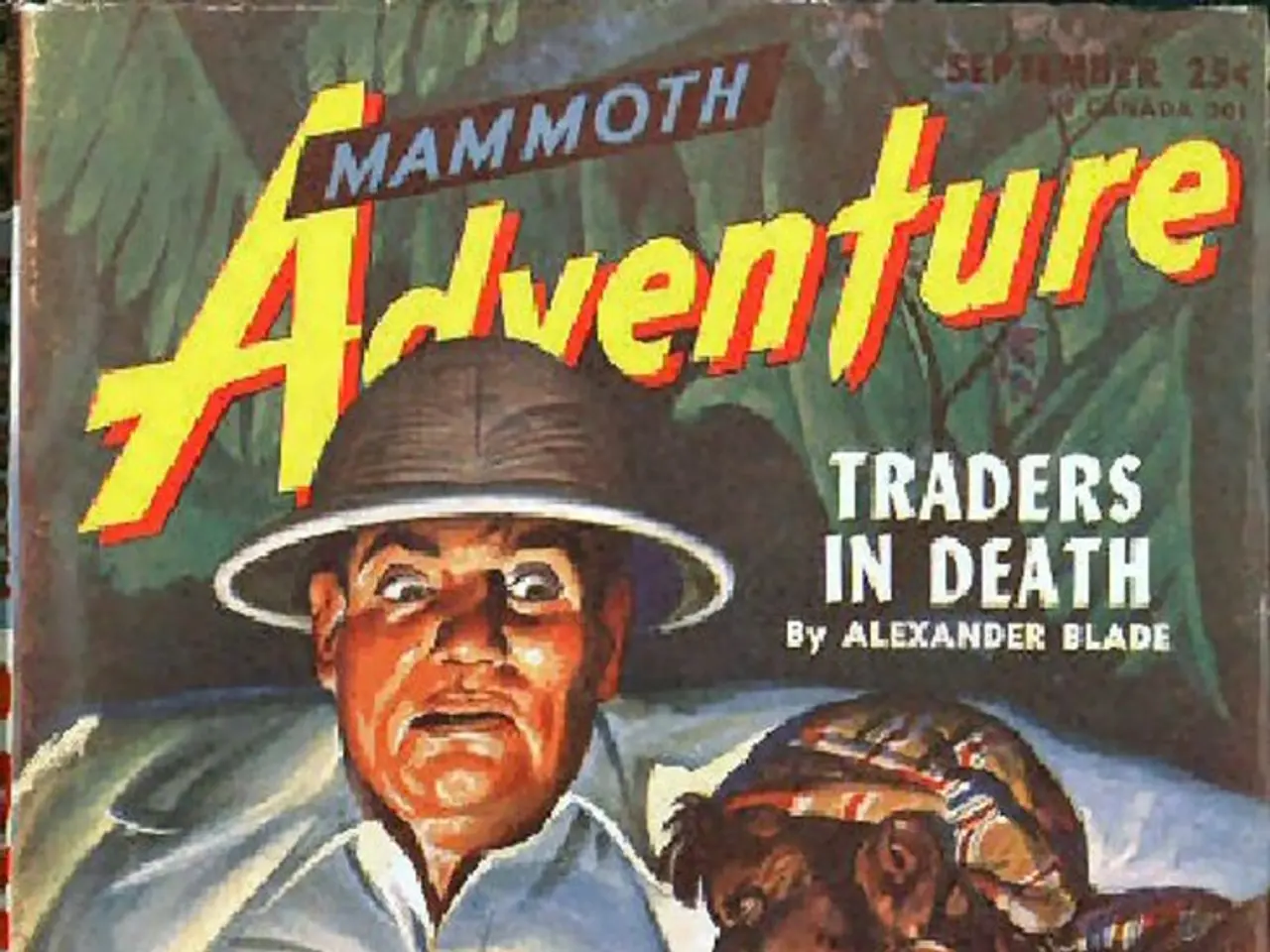Exploring Cultural Backgrounds via Narratives in the English Language
In the realm of human connection, storytelling has long held a central position, serving as a means to preserve, transmit, and share histories, myths, and values across generations. English storytelling, with its global reach, offers a unique opportunity to bring together narratives from diverse cultures and civilizations, fostering a deeper understanding of cultural histories and their impact on societal development, belief systems, and traditions.
Through English literature, the evolution of societies can be vividly illustrated, revealing creative tensions and the complexity of societal structures. Works like Charles Dickens's "A Tale of Two Cities" provide a personalized glimpse into the past, humanizing figures from history and offering insight into the social conditions and political tensions of their times.
English storytelling also enables the examination of universal themes, such as courage, love, betrayal, and triumph, while highlighting the unique aspects of each culture. Comparative analyses of mythological figures from different traditions, such as Anansi, Loki, and the Coyote, not only showcase cultural uniqueness but also emphasize shared human experiences, enhancing understanding and appreciation of both the differences and commonalities among cultures.
Storytelling in English facilitates empathy by providing authentic, personal narratives that invite readers into the emotional landscapes of others. Stories about the diaspora experience or the challenges of maintaining traditions in a new environment help readers connect with the realities faced by people of diverse backgrounds, promoting cultural understanding and reducing prejudice.
English storytelling also supports the adaptation and preservation of traditions among immigrant and diaspora communities. By sharing stories about celebrating traditional festivals, facing cultural change, or negotiating identity, English-language content helps individuals and groups process their experiences and maintain their cultural heritage, influencing broader societal attitudes and policies toward multiculturalism and inclusion.
Programs like StoryCorps and The Moth collect and share personal stories that resonate with diverse cultural histories, fostering a sense of global community and empathy. Contemporary English storytelling, such as "Americanah" by Chimamanda Ngozi Adichie, reflects the diverse cultural narratives of modern societies, offering an enriching and profound way to engage with cultural history.
As English storytelling continues to evolve, it is increasingly being recognized for its educational value in teaching cultural history. By integrating strategies like dramatic readings, discussions, multimedia storytelling, and creative projects into English teaching, educators can create immersive learning experiences that encourage critical thinking and deepen understanding of diverse cultural histories.
In conclusion, English storytelling serves as a bridge between cultures, preserving heritage, and fostering empathy and global connectedness. By engaging with diverse English storytelling, readers can gain insights into different cultural perspectives and histories, emphasizing the interconnectedness of cultures and the importance of valuing and learning from the rich tapestry of human experiences.
Through the integration of English literature and storytelling into education-and-self-development, personal-growth, and learning, individuals can delve into various cultural histories, promoting personal growth and understanding. By examining universal themes across diverse narratives, students can foster empathy and appreciate shared human experiences, thereby enhancing cultural understanding and bridging the gaps between different societies.




